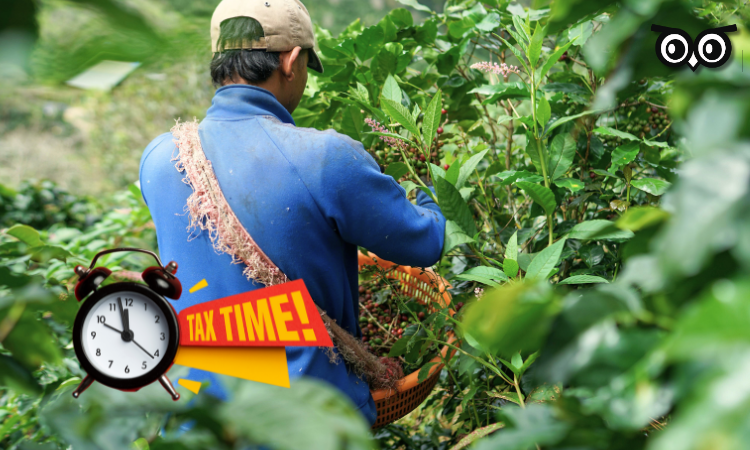Time is running out for hundreds of Honduran banana, palm-oil, shrimp, coffee, and other agro-exporting companies that operate under the Temporary Import Regime (RIT). The Public Finance Management Law, passed in December 2013, granted a 12-year exemption from customs duties, the sales tax, and other levies on imported raw materials, inputs, and machinery used to produce goods and services for export.
Without these tax breaks, Honduran firms will be at a disadvantage compared with competitors in other countries. In an economy already marked by a hostile business environment, legal uncertainty, and heavy bureaucracy, the end of the RIT spells less investment, reduced operations, business closures, and massive job losses.
The situation in the shrimp sector shows what is at stake. Until recently, Taiwan absorbed close to 90 percent of the shrimp produced in southern Honduras. When President Xiomara Castro’s government broke diplomatic relations with Taiwan, the country tried to redirect exports to China, but negotiations have been largely unsuccessful.
Between 2022 and 2024, foreign-exchange earnings from shrimp exports fell US$50 million. This downturn has led to the closure of more than 60 shrimp farms and the loss of thousands of direct and indirect jobs in the south of the country. An estimated 170,000 people depended on this activity either directly or through productive value chains. While this was the effect of closing a trade channel, any other barrier to commerce would lead to similar consequences.
Why the RIT Was Created
Created in 1984 under Decree 37, the RIT’s purpose was to promote exports—especially to markets outside Central America—by giving Honduran producers competitive conditions. It is one of seven special tax regimes that suspend the payment of various taxes to incentivize export activity. A reform in 2016 expanded the regime’s scope by allowing, under certain conditions, the sale of products in the domestic market.
In 2023, 125 companies, particularly from the agro-exports industry, were registered under the regime. These companies generated 46,780 direct jobs, paying over 10 billion lempiras in wages and more than 44.2 billion lempiras in exports, mainly from coffee, bananas, melons, palm oil, shrimp, fruits, and vegetables. Behind these figures are families, communities, and entire production chains that depend on access to international markets and on reasonable tax conditions to remain competitive.
If a special tax-incentive regime has been this successful, an economic environment that truly supports business, job creation, free trade, and innovation would be even more so. The goal should be to set a low, stable tax base on a growing number of companies and allow open competition to discipline market players.
Countdown for Congress
Since the RIT expires in December, business associations and producers have made a direct appeal to the National Congress to extend the regime. Their goal is to allow companies to continue operating under this framework of incentives while a broader reform of export-promotion policies is debated.
What is at stake is not the survival of a tax regime, but the stability of productive sectors, the country’s foreign-exchange earnings, and the livelihoods of tens of thousands of Honduran households. If Honduras is to avoid facing the same or an even worse situation ten years from now, Congress now has the opportunity to rewrite the rules of the game in favor of prosperity. Taxes need not be seen as a crony vehicle. Legislators should shape a predictable, relatively certain business-friendly tax system. That way, firms cannot be chastised for seeking the lowest legal tax burden available to them.
This article appeared in Diario El País.


